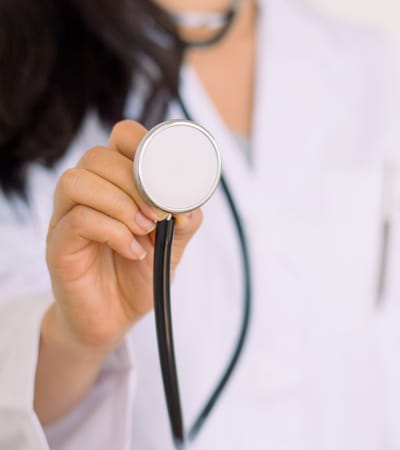A colon polyp is a growth on the surface of the large intestine or colon. While some colon polyps are benign, meaning they are not cancer, other types of polyps may already be cancer or can become cancer later.
While anyone can get colon polyps, certain people are more likely to get them than others. You have a greater chance of getting polyps if you are 50 years of age or older, have had polyps before, if someone in your family has had polyps, or if someone in your family has had colon cancer.
You may also be more likely to develop colon polyps if you eat a lot of fatty foods, smoke, drink alcohol, are overweight, or don’t exercise.
A colonoscopy or sigmoidoscopy are the tests used to check for colon polyps. If polyps are found, the doctor will remove them during the procedure in most cases. The polyps are then tested for cancer.














